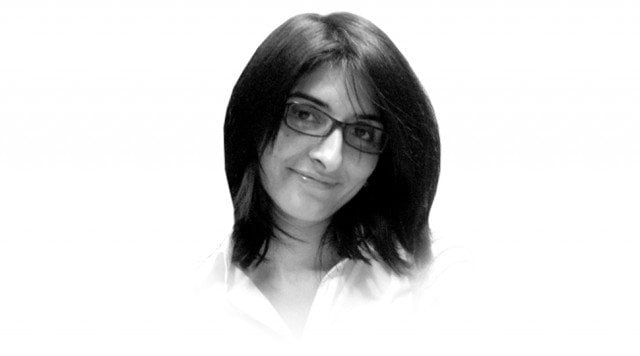
People whose cities or countries do not know what my cities and country know usually ask me, “How is it living in a city plagued by violence?” I don’t think I have ever given a satisfactory reply. I have no clear answer myself.
The Kübler-Ross model (named after the Swiss-American psychiatrist Elisabeth Kubler-Ross) lays down five stages of grief: denial, anger, bargaining, depression and acceptance. The order or in fact the model itself is not set in stone but I keep yo-yoing between denial, anger, depression and partial acceptance.
German theologian Martin Niemöller was lucky enough to find an excuse for himself in ‘They came first...’. He says he did not speak up. I, on the other hand, dread that my speaking up won’t make any difference. With every instance ‘they’ come for someone among us, I lose my voice. It used to be a shout; now it is a whisper.
There are days when I think life is back to normal but that’s just living in denial. When it’s been calm for too long (‘too long’ meaning two to three weeks at best), you start the countdown to impending doom. Every day is borrowed time when you think about it.
Then it happens and you scramble to check if everyone you know is safe. The relief you feel is a guilty one. There’s no joy just “what if” and a prayer that may we never know what we have been lucky enough to avoid. You see the hurt caused and you experience ‘survivor’s guilt’. And there’s anger; at the incomprehensibility of it all, your own helplessness and the government —not because you think it’s solely to blame — but at the pitiful absurdity with which blame is shifted like a bloody parcel in a silly game that is our politics.
Yet you live. It’s not because of the ‘beefed up security’ you witness after your world’s been turned upside down for the umpteenth time; it’s the hope you derive from those who are willing to share it. The amazing part is, not all of us lose hope at the same time. We take turns being the ones to shake others to make sure hope trickles through the fissures caused by the extreme despair we all share.
You do lose a part of yourself every time you manage to live through death. Sometimes you are able to pick up the pieces; at others, you know a part has slipped away forever. I do not know how long we will be able to survive this way. But the resilience that you manage to find within and the ensuing hope are the most beautiful and humbling parts of surviving a tragedy.
Published in The Express Tribune, July 10th, 2010.
1719315628-0/BeFunky-collage-(8)1719315628-0-405x300.webp)


1731329418-0/BeFunky-collage-(39)1731329418-0-165x106.webp)










COMMENTS (4)
Comments are moderated and generally will be posted if they are on-topic and not abusive.
For more information, please see our Comments FAQ